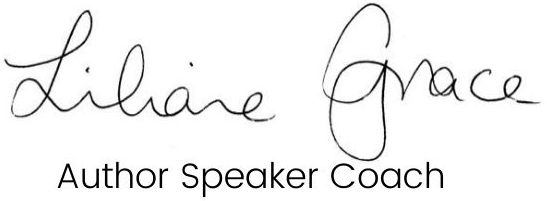I was recently contacted by a new author who has had a rather frustrating experience since publishing her first book, and so thought I’d share some of her story in the spirit of ‘Buyer Beware – Publishing Traps for the Unwary’.
This highly qualified writer – she’s a PhD and lecturer in literature – was inspired to write a book on self-esteem for youth, and when finding a publisher seemed too difficult, she signed up with what is known in the industry as a ‘vanity press’.
A ‘vanity press’ is a company that produces your book for a fee, by comparison with a printer who just prints files, and a publisher who takes on the financial risk of editing, producing and distributing your book, and then pays you a royalty.
They’re called ‘vanity presses’ because of the stigma associated with self-publishing, which is effectively what this is since anyone with the dough can get published – you’re not waiting with bated breath for an acceptance (and contract) or a rejection from a traditional publisher.
The benefit in being published in the traditional way is that someone else (an objective third party) has deemed your work ‘good enough’, and the risk and work are undertaken by specialists; the drawback is that there is much less money in it for the author, much more risk and work, and the stigma of self-publishing.
This stigma is reducing all the time as more and more writers opt to self-publish, and more such authors make a splash. Sometimes their work is criticised as being literarily poor, as in the case of Fifty Shades of Grey, but the huge reader response to these books reveals that they are clearly offering some value. There are literally hundreds of stories about famous authors who were initially rejected, sometimes with scathing criticisms. (The Mastery Club was rejected by several publishers, one of which made the comment that she couldn’t imagine it appealing to youth…)
Back to my tale: this highly skilled writer completed her book, paid her fee (some $2000), and received 30 copies of her book and the assurance that it was being placed on various catalogues and websites, including Amazon, this being the vanity press’s base level ‘marketing and distribution’ effort, on her behalf. (I won’t name this company, but it is associated with one of the world’s largest publishers in the Mind, Body, Spirit market.)
When, several months later, hardly any copies had sold, the vanity press approached this author, recommending that she purchase a marketing package in which they would create a media campaign. This was presented in fairly compelling terms, and our author agreed – for a mere (additional) $8000.00…
The upshot is that her book has sold only 22 copies since release in January this year, and she is $10K down with only 30 copies of her own to on-sell.
I was pretty staggered by her tale, and wanted to share it to warn others. It’s absolutely possible to self-publish successfully, either doing it oneself or through using one of these organisations, but you do need to be really clear about what you are taking on. A bookseller recently quoted to me the statistic that only 1% of authors is published in the traditional way, and only a tiny percentage of those ever make a living from their writing, so this really is not a path for the faint-hearted. But anyone who is prepared to have a realistic view and do the work can succeed!
If you’d love to publish a book and would appreciate some guidance before setting out into the jungle, I offer writing coaching, editing, ghost writing and more, and will gladly offer you a short initial consultation at no cost. Something that has leapt out at me from this and another few self-published books that I have recently read or reviewed, is that there are often many glaring issues with the project that could easily have been resolved had the writer employed an experienced editor. If you’d appreciate some feedback about your project’s readiness for publication, and/or a chat about your next steps, give me a call or send me a line. I’m always happy to provide a sample edit for free first.

Recent Comments